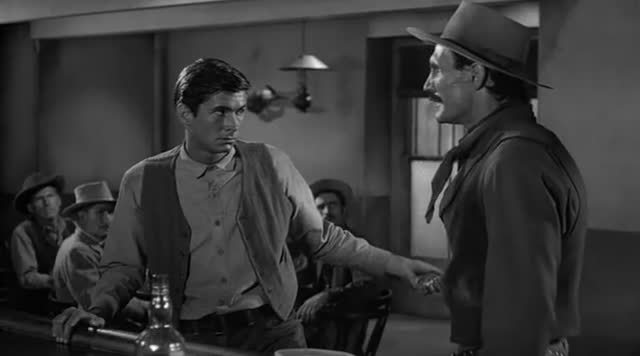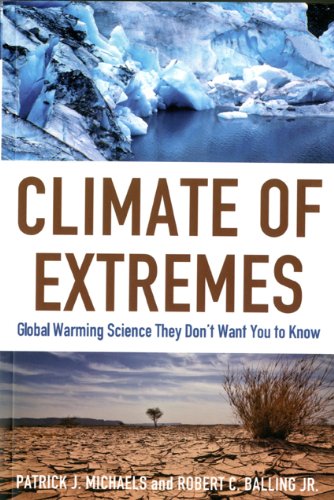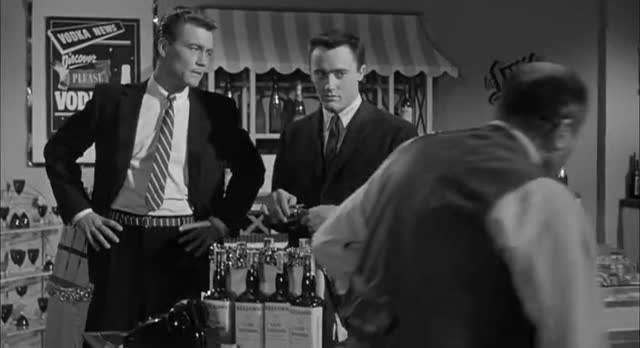The Lonely Man (1957, USA)
Here’s another of those good-bad westerns Hollywood seem to have started making around this time, when they apparently realized that all a western really needs is a couple of memorable actors (like Jack Palance and Anthony Perkins), some dramatic angles, and a sentimental story about hard men out in the lawless wilderness. Watched it all.
Zero Hour! (1957, USA)
Hey, it’s the movie Airplane! got most of its plot from! It’s almost exacty the same movie, without the jokes .. which doesn’t quite work. There is a character who looks like Leslie Nielson, though, so much that it’s sort of funny. Watched: Bits and pieces.
The Desk Set (1957, USA)
Something must have predisposed me in favor of 50s office movies. I wonder what. Anway, this one has Spencer Tracy as a Wikipedia evangelist who tries to get Katharine Hepburn’s TV research department to stop relying on those old-fashioned paper books, and start trusting The Eternal Hive Mind. Watched: 35 minutes, plus the end, where an anonymous editor merges the articles on curfew on Korfu, thus causing confusion and hilarity – and also the earliest “computer running amok” scene I can remember seeing.
Hancock’s Half-Hour (1956-60, UK)
You know, I don’t think Tony Hancock is anything like Marve Fleksnes after all. They may have got some of the scripts from Hancock, but apart from the unlikeable main character, it’s not the same at all. Watched: A couple of episodes.













